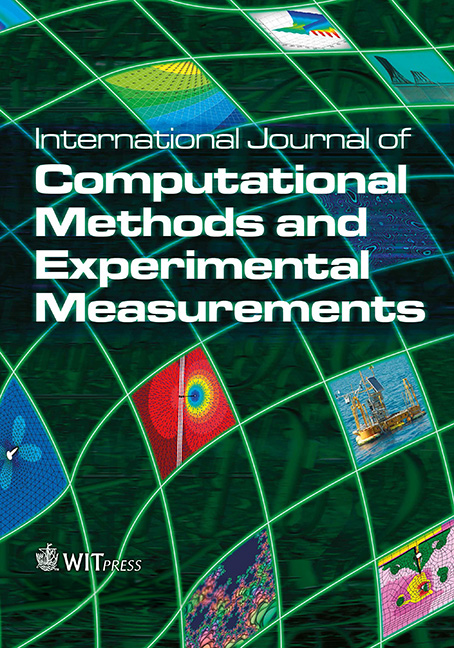Fully and sparsely supported radial basis functions
Price
Free (open access)
Volume
Volume 8 (2020), Issue 3
Pages
11
Page Range
208 - 219
Paper DOI
10.2495/CMEM-V8-N3-208-219
Copyright
WIT Press
Author(s)
E. J. Kansa & P. Holoborodko
Abstract
The central idea of this paper is that computer mathematics is not identical to ideal mathematics because computer numbers only have finite precision. All functions, especially the positive definite transcendental functions, are truncated and the expansion coefficients have finite precision and all branching operations require time to complete. Of all the known methods used to obtain numerical solutions to integral and partial differential equations, the global continuously differential radial basis functions (RBFs) that are implemented on computers closely resemble many aspects of ideal mathematics. The global RBFs have the attributes required to obtain very accurate numerical results for a variety of partial differential and integral equations with smooth solutions. Without the need for extremely fine discretization, the global RBFs have their spline properties and exponential convergence rates. The resulting system of full equations can be executed very rapidly on graphical processing units and field-programmable gate arrays because, with full systems, there is no branching and full systems solvers are very highly vectorized, optimizing the usage of very fast processors.
Keywords
branching, compactly supported radial basis functions, continuously differentiable, exponentially convergent, full equations, globally supported radial basis functions, multivariate, polynomials, sparse equations, splines, transcendental functions, wavelets.




